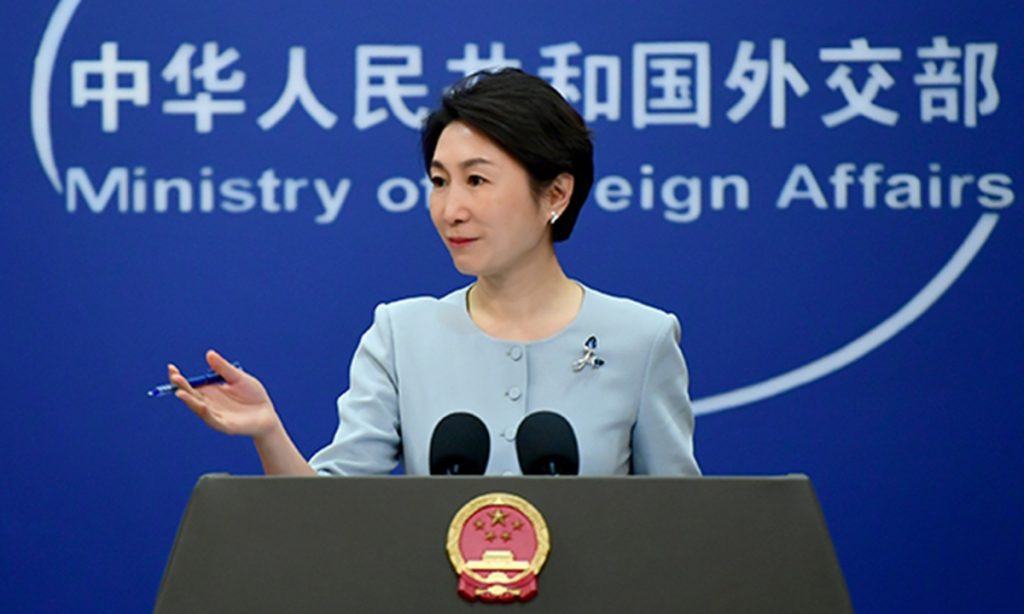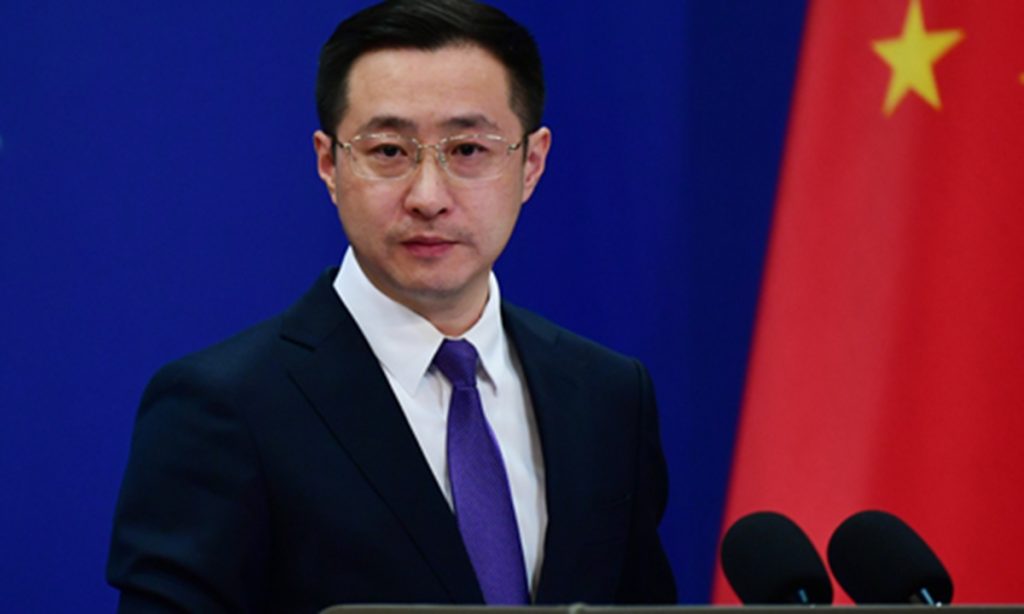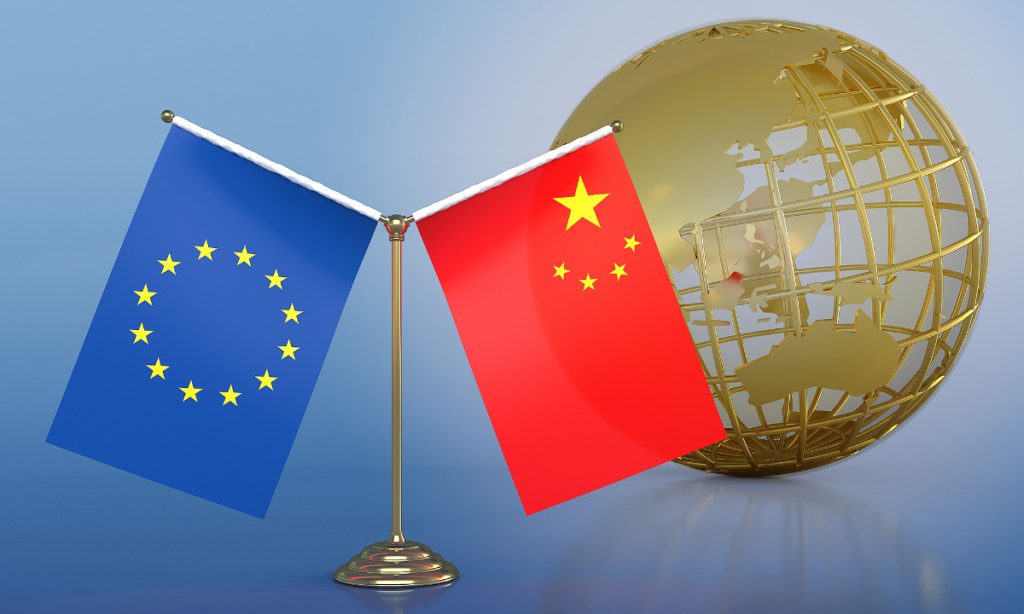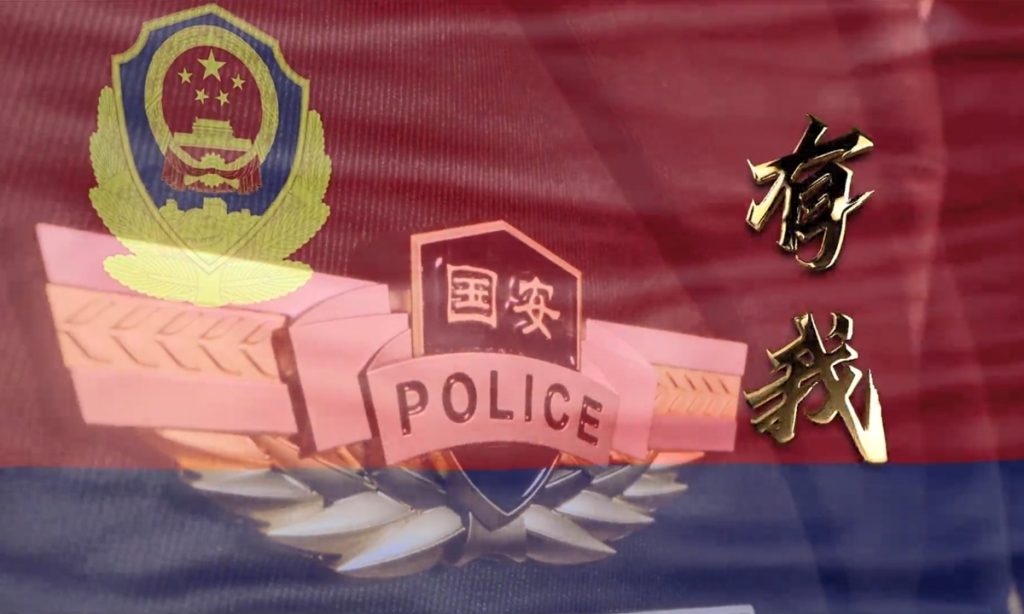Italian, Indonesian presidents set to visit China; Intensive visits underscore recognition of China as guardian of stability, win-win co-op amid turbulent intl landscape

Several foreign leaders, including Italian President and Indonesian President, will visit China this week. Amid a turbulent international political landscape, these visits underscore that many countries regard China as a key guardian of global peace and stability, and as a reliable partner in boosting win-win cooperation, observers said.
At the invitation of President Xi Jinping, Italian President Sergio Mattarella will pay a state visit to China from November 7 to 12, Foreign Ministry Spokesperson Hua Chunying announced on Tuesday.
Hua announced the same day that President of the Republic of Indonesia Prabowo Subianto will pay a state visit to China from November 8 to 10.
During President Sergio Mattarella's visit to China, President Xi Jinping will hold talks with him to draw up a blueprint for the growth of bilateral relations, Mao Ning, a spokesperson from Chinese Foreign Ministry announced at a news briefing on Tuesday.
Premier Li Qiang and Chairman Zhao Leji of the Standing Committee of the National People's Congress will meet with him respectively. This year marks the 20th anniversary of the establishment of the comprehensive strategic partnership between China and Italy. The visits of Italian Prime Minister Giorgia Meloni and President Sergio Mattarella underline the robust growth of China-Italy relations, Mao said.
The spokesperson noted that guided by the common understandings of the leaders of the two countries, China stands ready to work with Italy to further deepen political mutual trust, expand practical cooperation and cultural and people-to-people exchanges, promote mutual learning among civilizations, and provide more stability for a changing and turbulent world.
President Prabowo Subianto visited China in his first overseas trip right after he was elected in March and again chose China as the first country to visit after taking office. This speaks volumes about the great importance he attaches to the growth of China-Indonesia relations and the strength of the bilateral ties, Mao said.
China stands ready to work with Indonesia through the visit to cement high-level political mutual trust, deepen all-round strategic cooperation and elevate the building of the China-Indonesia community with a shared future to a new level, so as to inject strong impetus to our two countries' respective modernization process, and boost regional and global development and prosperity, Mao said.
Meloni visited China in July this year. Similar to that visit, Mattarella's China visit aims to further improve bilateral ties between China and Italy, especially against the backdrop of trade friction between China and EU over tariffs on Chinese EVs, Wang Yiwei, a professor at the School of International Relations at the Renmin University of China, told the Global Times.
Indonesia has been paying efforts to balance its interests amid the uncertainties of great-power competition. Yet Prabowo's upcoming visit to China underscores that the country has placed special emphasis on strengthening ties with Beijing, seeking collaboration to enhance its own economic development, Gu Xiaosong, dean of the ASEAN Research Institute at Hainan Tropical Ocean University, told the Global Times. According to Jakarta Globe, China is the first stop of Prabowo's five-country trip which also includes the US.
In addition to state visits, foreign leaders including Malaysian Prime Minister Anwar Ibrahim, Uzbek Prime Minister Abdulla Aripov, Slovak Prime Minister Robert Fico, Kazakh Prime Minister Olzhas Bektenov, Mongolian Prime Minister Luvsannamsrai Oyun-Erdene and Serbian Prime Minister Milos Vucevic were set to attend the opening ceremony of the 7th China International Import Expo (CIIE) and relevant events.
The 7th CIIE is being held in Shanghai from November 5 to 10.
The international political landscape is currently marked by significant uncertainties brought about by the US presidential election and the ongoing conflicts in the Middle East and between Russia and Ukraine, Gu said.
He noted that the intensive visits of multiple foreign leaders to China during this period underscore the perception that many countries regard China as a major force in safeguarding peace and stability in the world. Furthermore, they see China as a reliable partner for fostering win-win cooperation.


